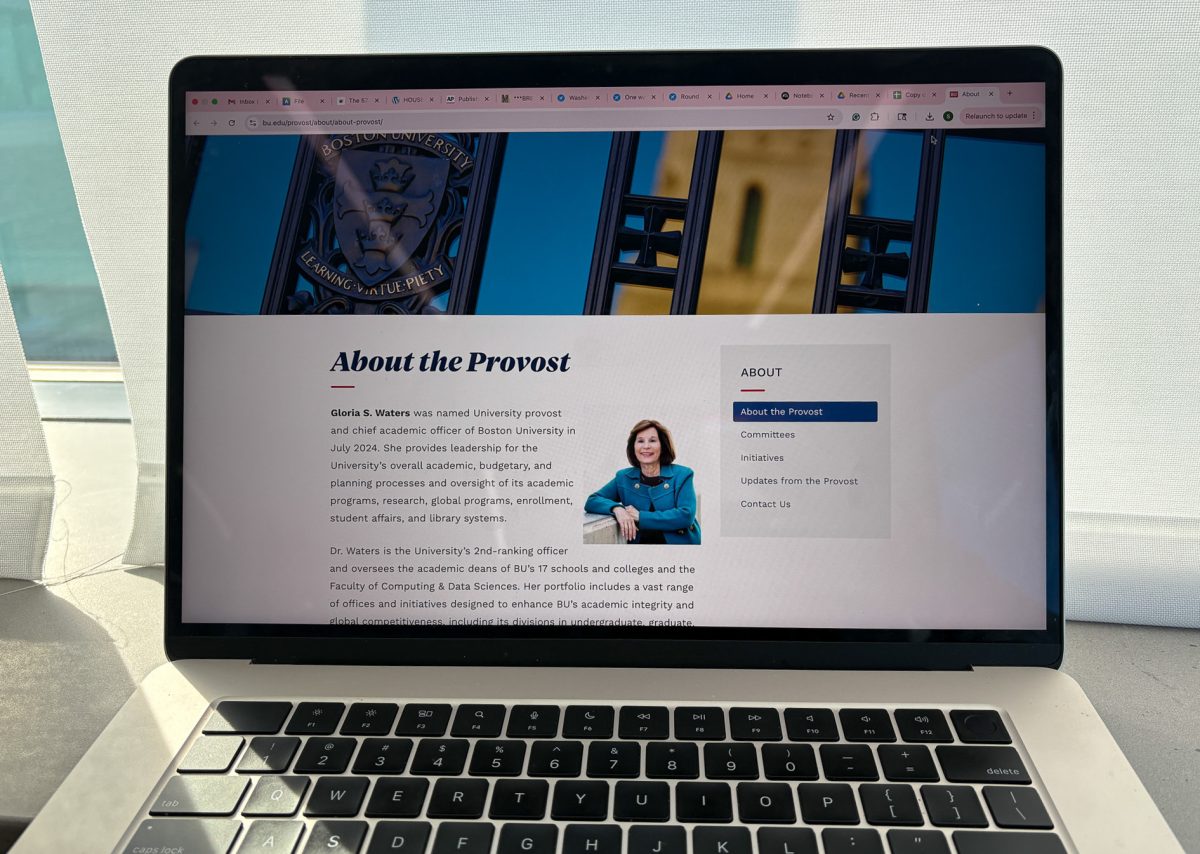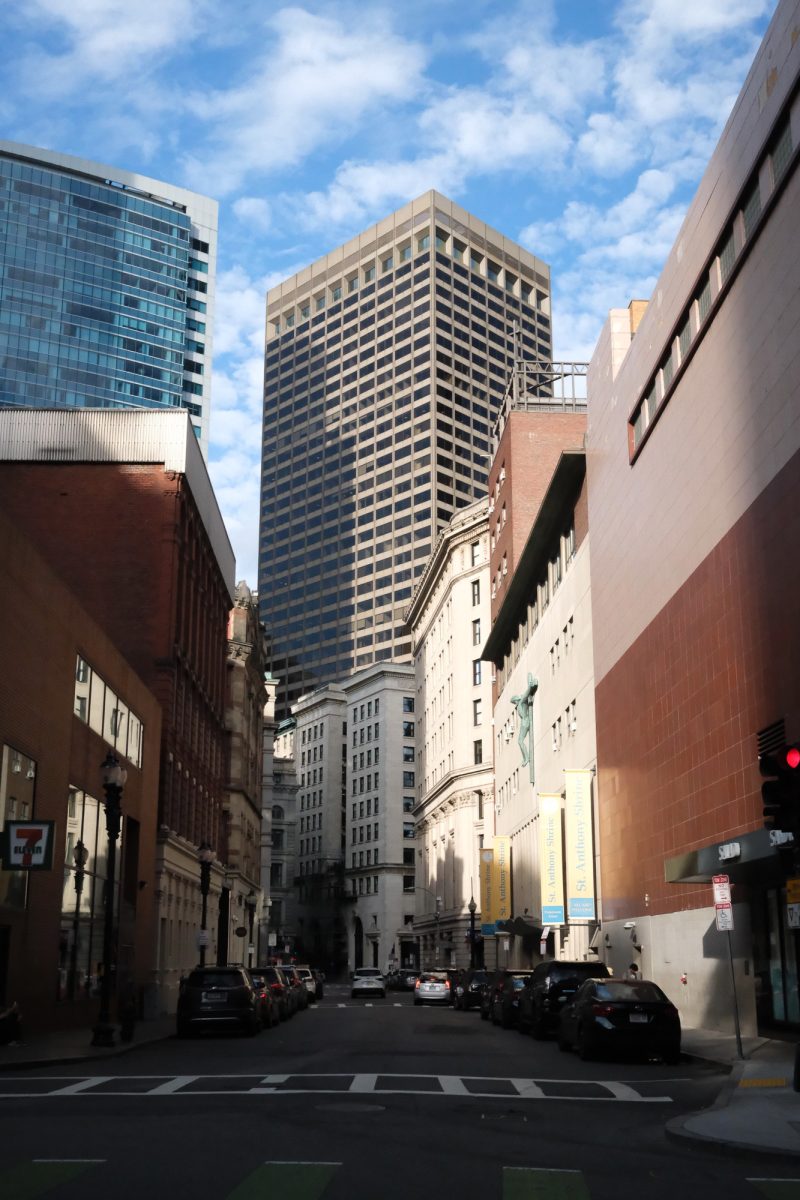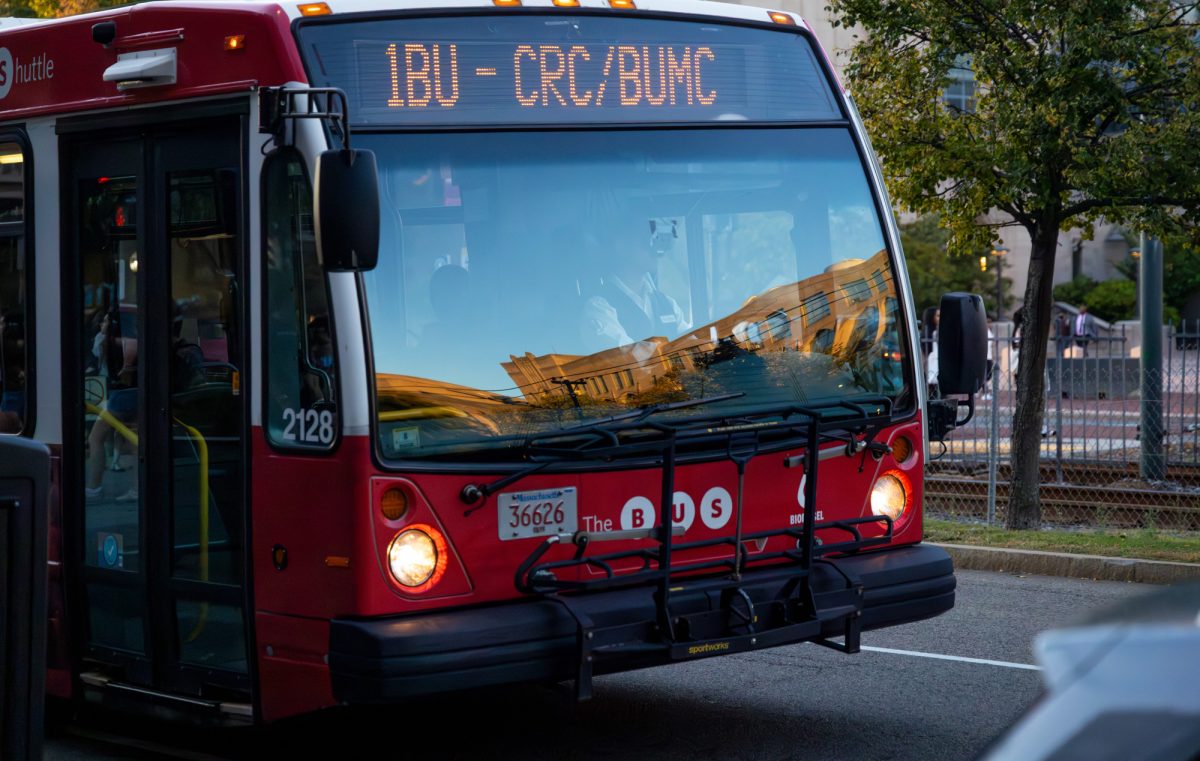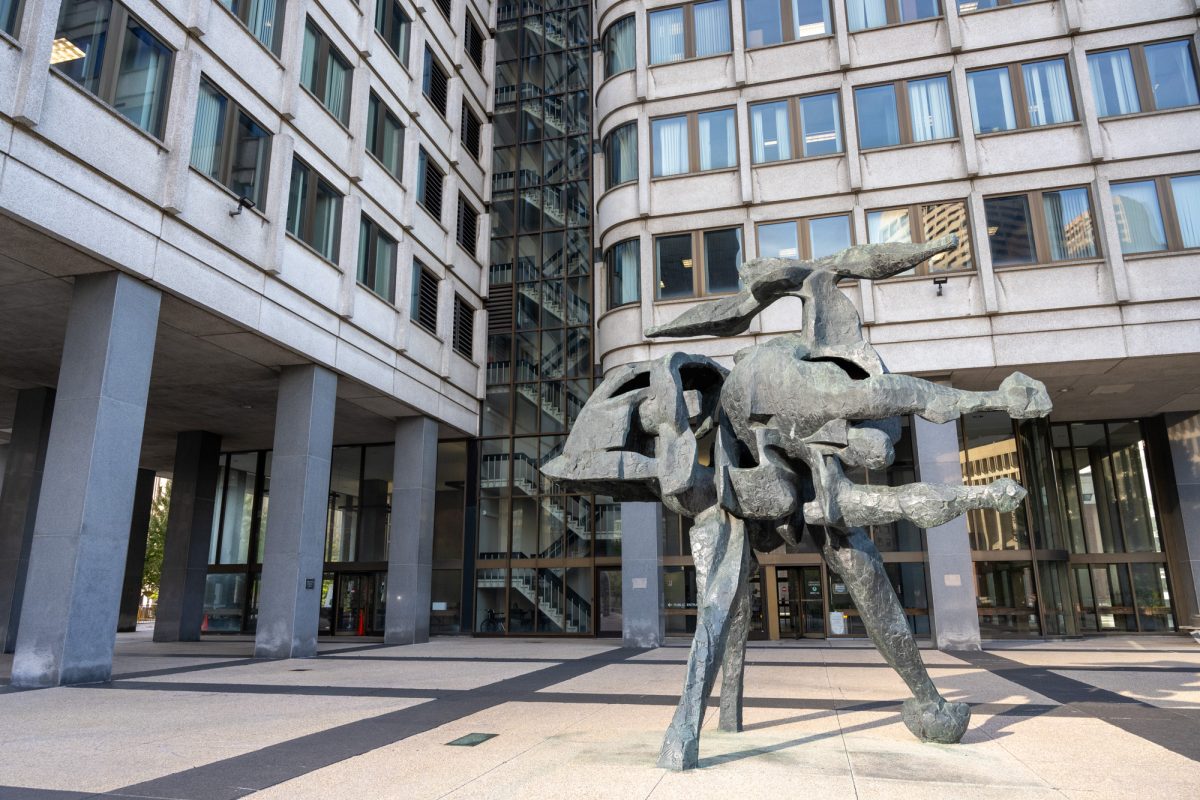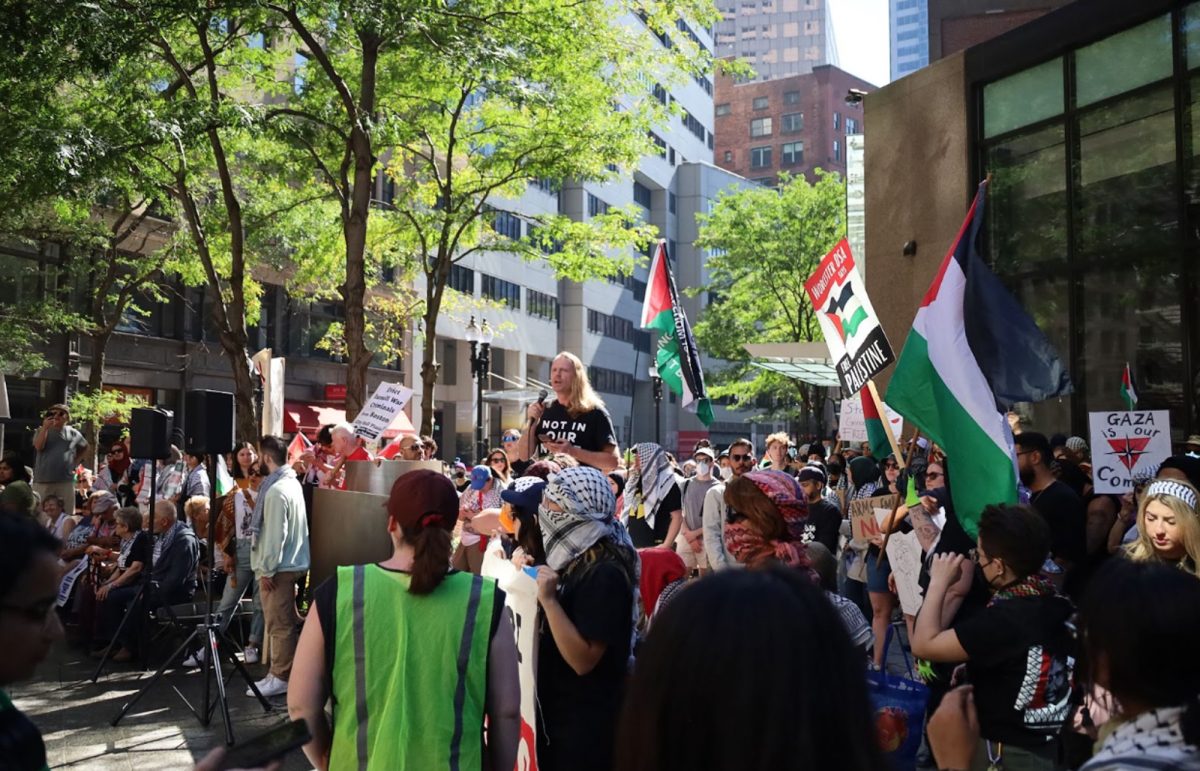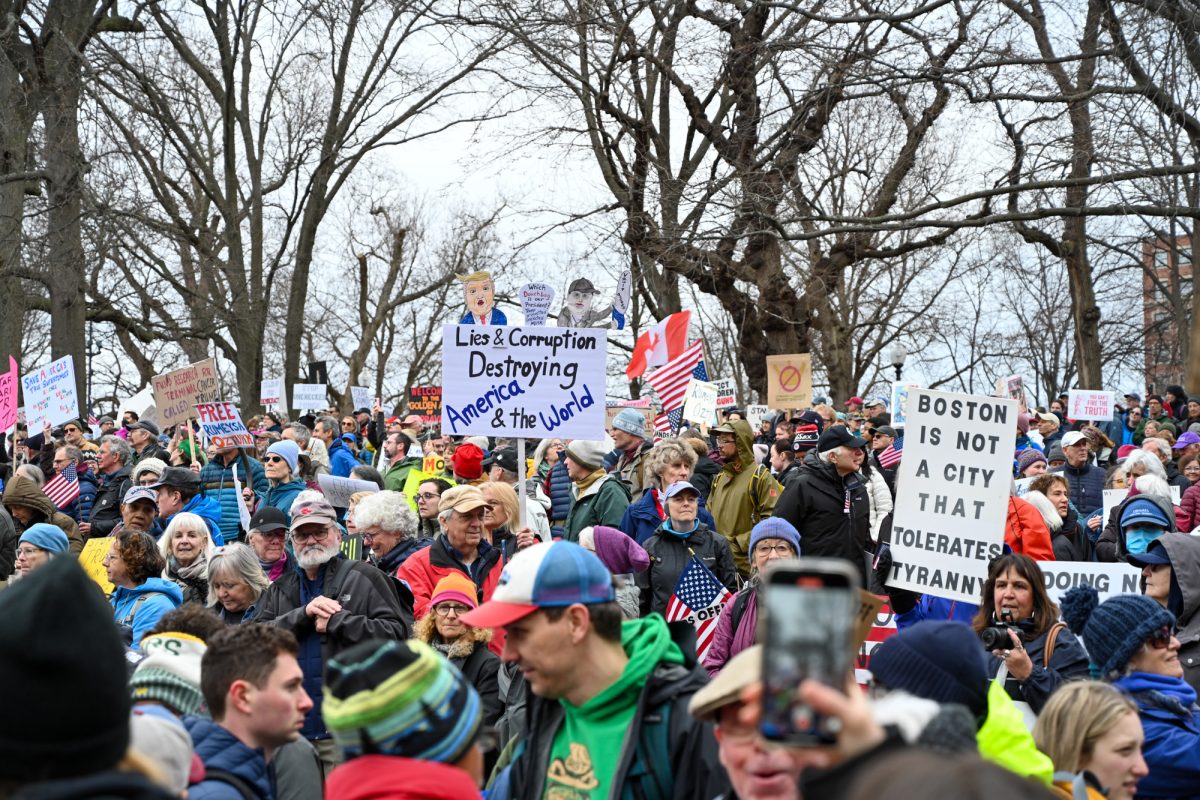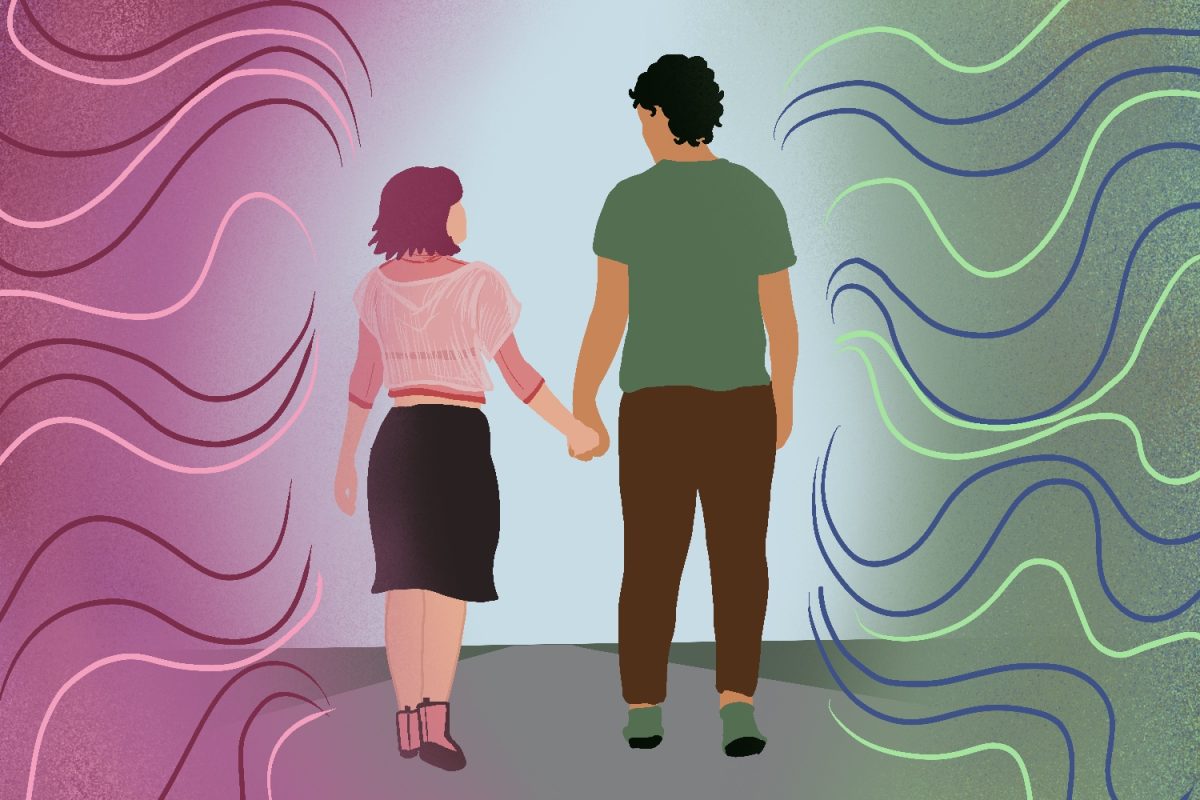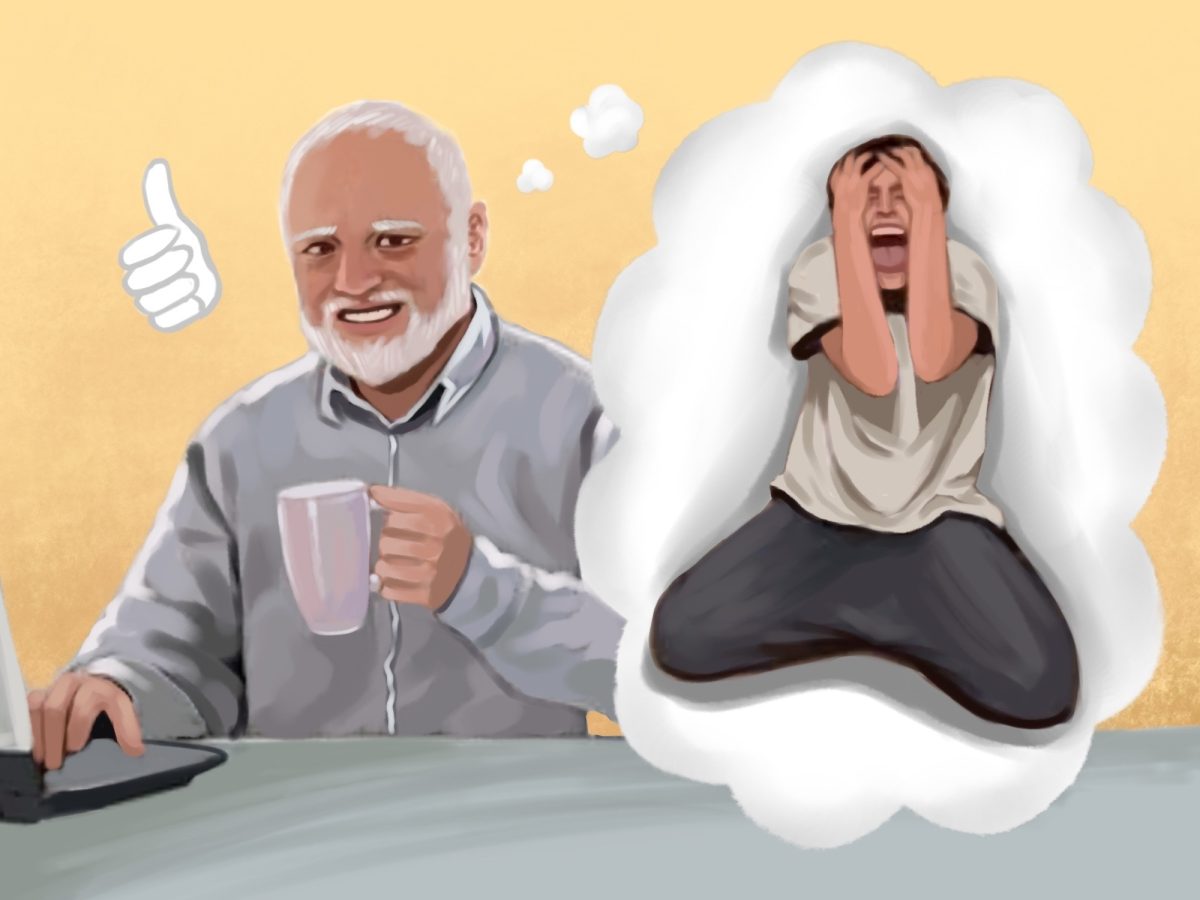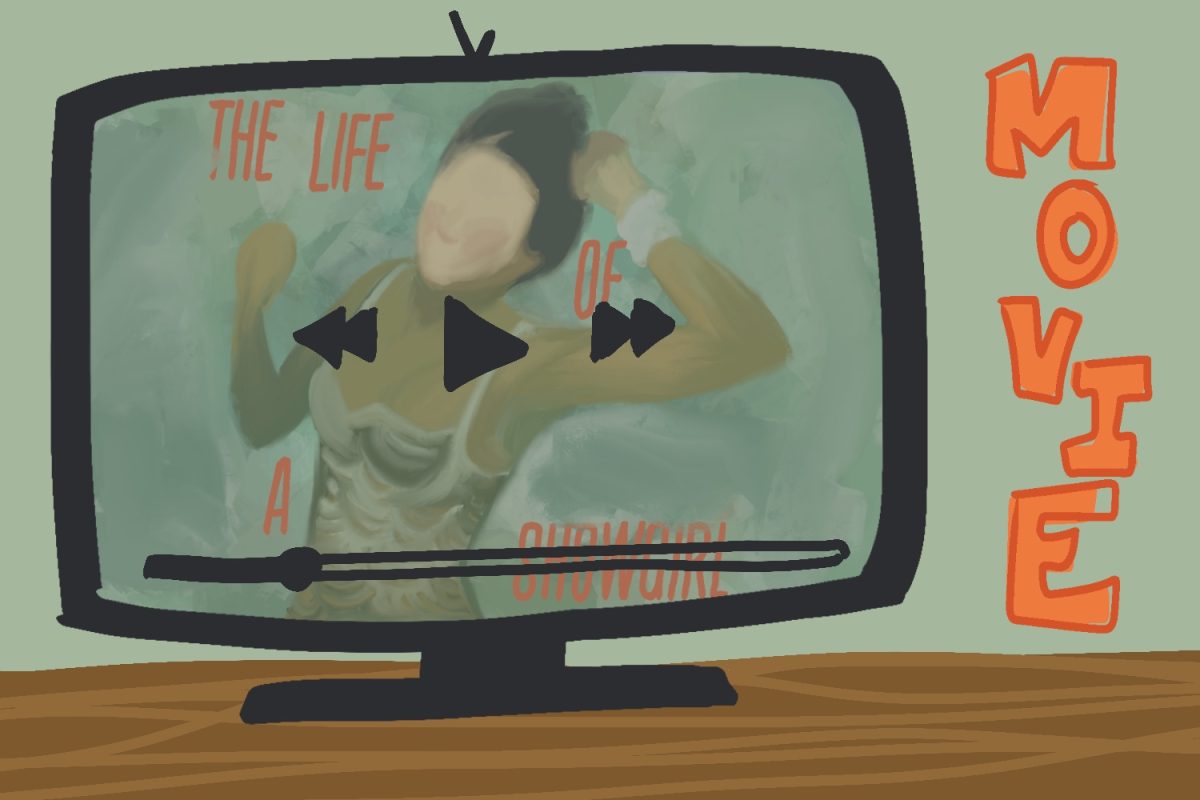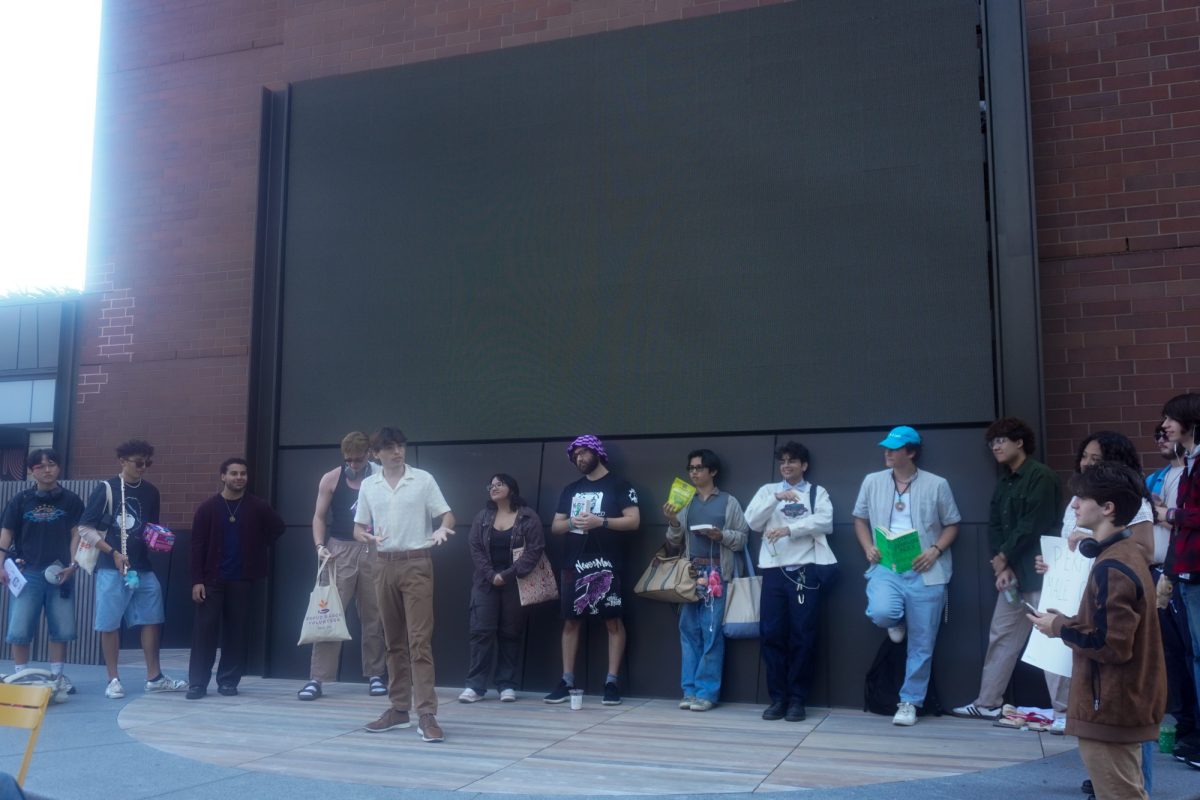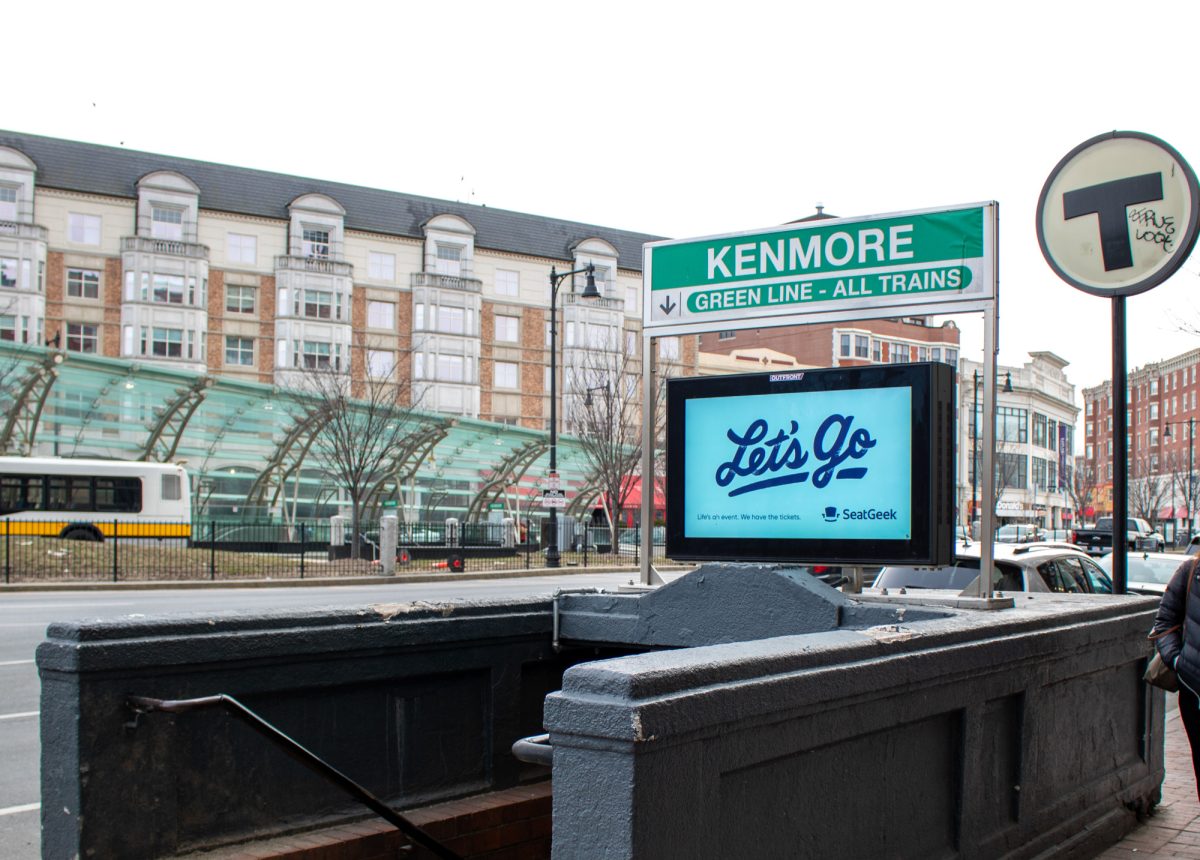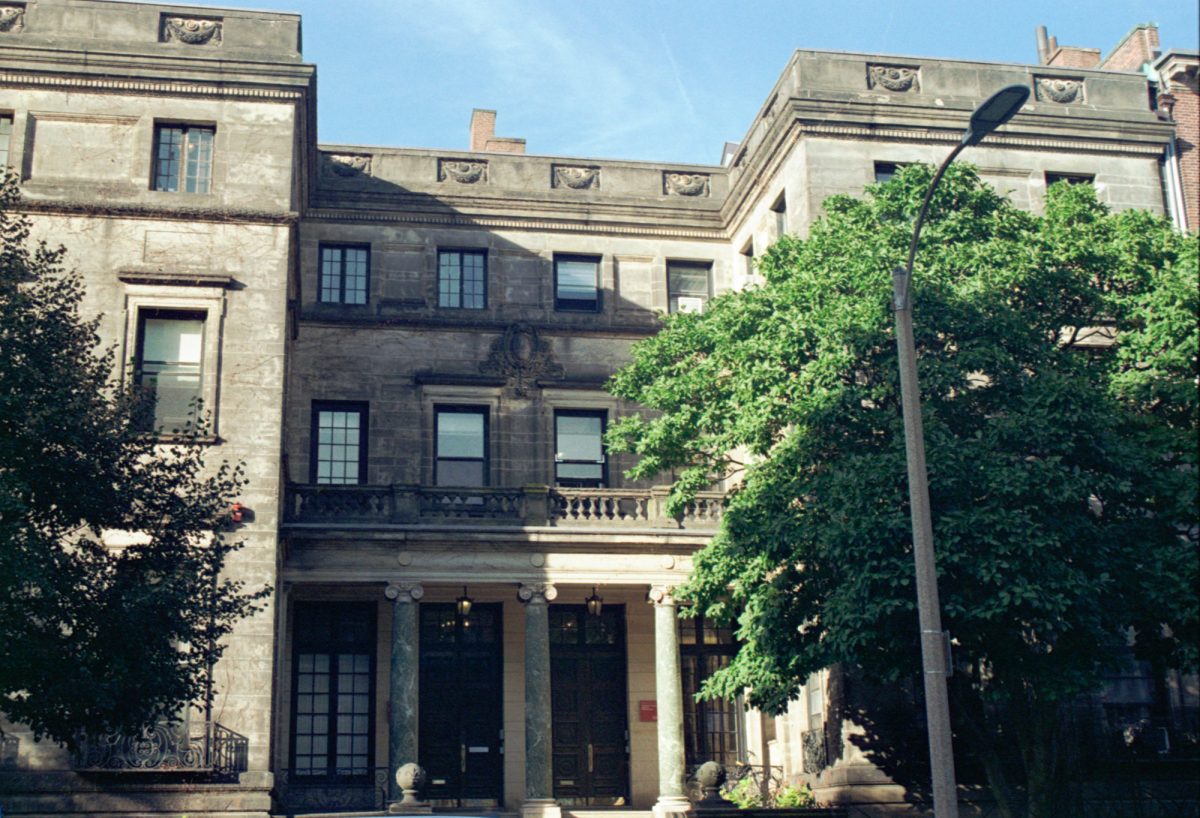Students hurrying to class along the streets of Boston might see street canvassers as a nuisance, but organizations such as the American Red Cross and Greenpeace reap substantial benefits from street canvassing, also engaging students on college campuses to support their cause.
“What we try to do is find the people who are supportive but aren’t yet active and to try to inspire and awaken that activism in them,” said Greenpeace representative Dan Stafford.
Tom Fauls, a professor of advertising in BU’s College of Communication, said he is skeptical of the effectiveness of street teams.
“The big disadvantage is that it doesn’t scale very well, and it’s hard to believe that it’s very cost-effective,” Fauls said. “In today’s era, I think that your efforts and whatever money you are spending would be much better spent in a social media campaign.”
Despite Fauls’s opinion on the potential greater value of social media marketing, teams such as Greenpeace are still able to make an impressive return on investment for the cost of hiring staff.
Stafford said Greenpeace employs between 15 and 25 street marketers in Boston, each of whom makes $12 an hour or more once training is completed. The return on investment is about 2-to-1.
But Fauls said this type of marketing is probably not lucrative.
“It’s difficult for me to believe that it scales well at all because how many people can you really convert in a situation like that,” he said. “If you could convert one out of every 10 people who stop, that probably is pretty good, but also very low.”
However, some of the activist group members said that campaign on campus are less concerned with raising money from students than they are with raising awareness and increasing activism.
“Our street team is not only raising awareness of the fact that we need donation in a college area, but it is also raising the awareness that we need volunteers,” said Kat Powers, a spokeswoman for the Red Cross.
Stafford said students tend not to be as willing to donate as they are to listen.
“In our experience, students tend to have more idealism and time than they do money,” Stafford said.
While most not-for-profit organizations have their own canvassing branch, some third-party firms have made a career out of providing street marketing teams for non-governmental organizations, political campaigns and social causes.
Grassroots Campaigns has worked with LGBT rights, the American Civil Liberties Union and Amnesty International by recruiting and deploying canvassers on their behalves.
Grassroots Campaigns aims to increase the public’s social consciousness “by hitting the streets, talking to people and getting them involved,” according to the organization’s website.
While certain BU students see the utility of street marketers, a number of them said they do not stop to engage with street team members.
“I support them in spirit, but I don’t financially support any of them,” said College of Arts and Sciences sophomore Sarah Kraft. “That’s why I don’t stop [when approached by a street team member] because in the end I’m not going to benefit from a conversation with them, because I can’t give them money and I already support their cause.”
College of Engineering senior Ian Peezick said canvassers attempt to elicit guilt in passersby.
“Their strategy is trying to guilt people into giving them money,” Peezick said. “It’s not like the things they’re supporting are bad, but when I walk by them they shouldn’t try to guilt me.”
Other students said they are approached by street marketers at entirely the wrong time and are often too busy to stop and chat.
“Most of the time it’s during my transition time to class, and it’s very inconvenient,” said CAS sophomore Caroline Eng.
Alex Ionescu, a School of Management junior, also said students might be too busy to engage street marketers.
“It’s a good way to grab attention, but kind of aggressive just because students are always so busy,” Ionescu said. “They are also always causes that are already on campus and it gets old after a while, even though that isn’t nice to say.”

